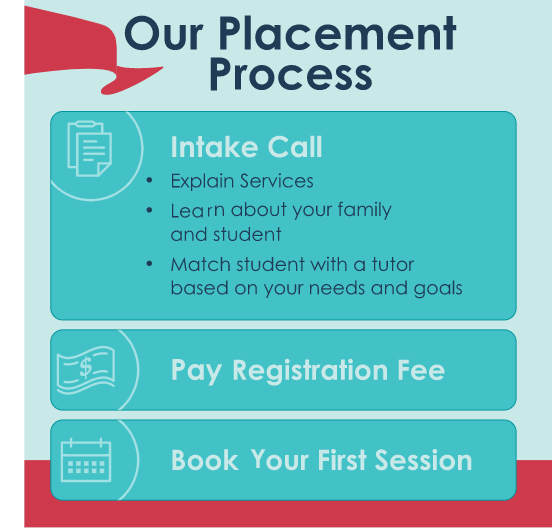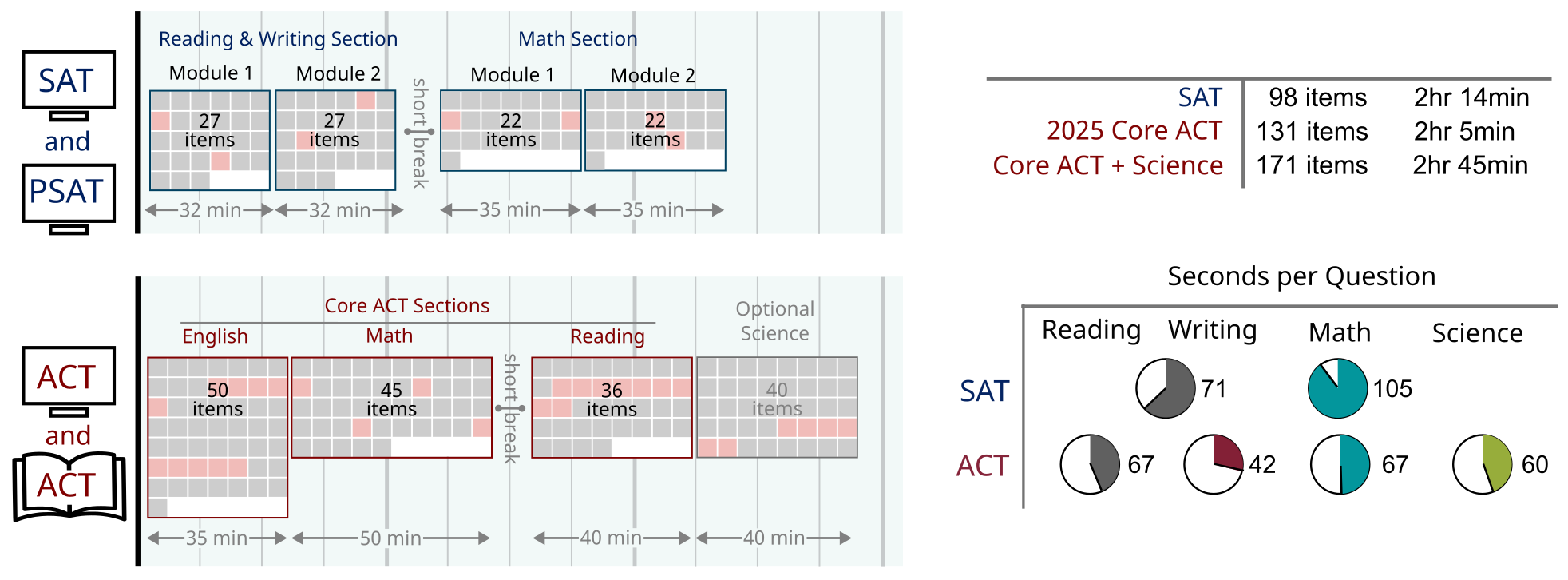Support Your Student’s Journey to
Success – In School and Beyond
As a parent, you want to see your child thrive—not just in school, but in life. You know how important academic success is for unlocking future opportunities, but navigating the complexities of grades, test prep, and college admissions can be overwhelming. That’s what PrepMatters is here for.
We believe every student has unique potential. Our personalized approach helps your child tackle academic challenges with confidence, whether it’s boosting test scores or mastering tough subjects. With decades of experience and a proven track record, our team of professionals has guided thousands of families just like yours to success.
We don’t just prepare your child for the next exam—we prepare them for the next chapter of their lives. Let us help you simplify the path to academic achievement, so you can focus on what matters most: being a parent.













